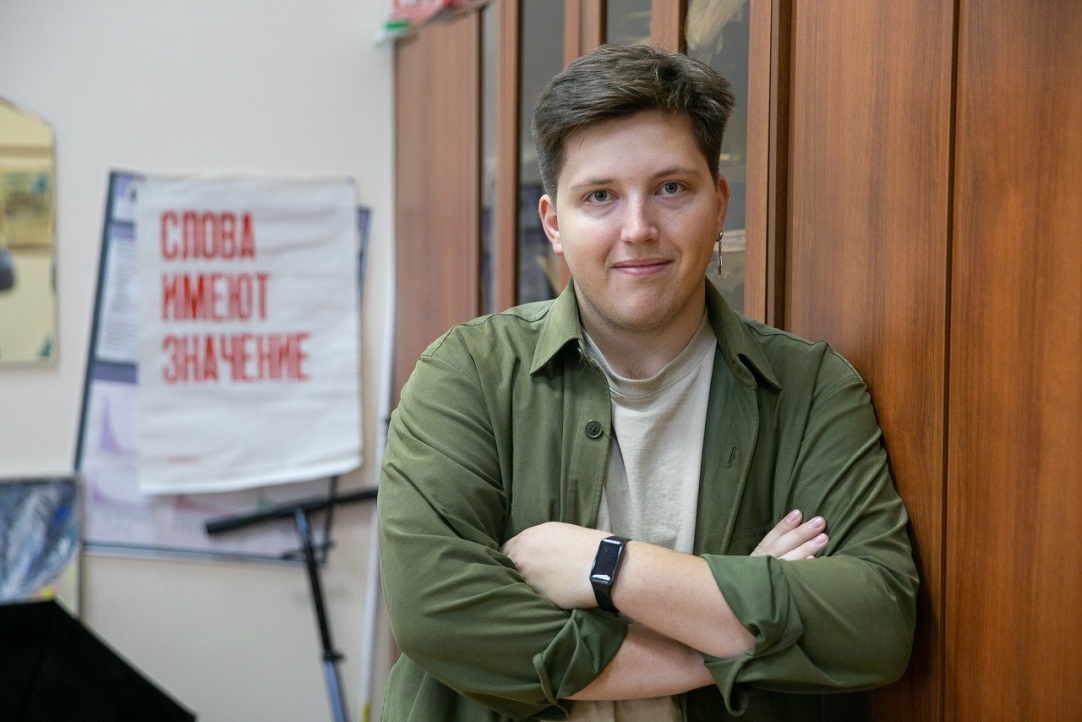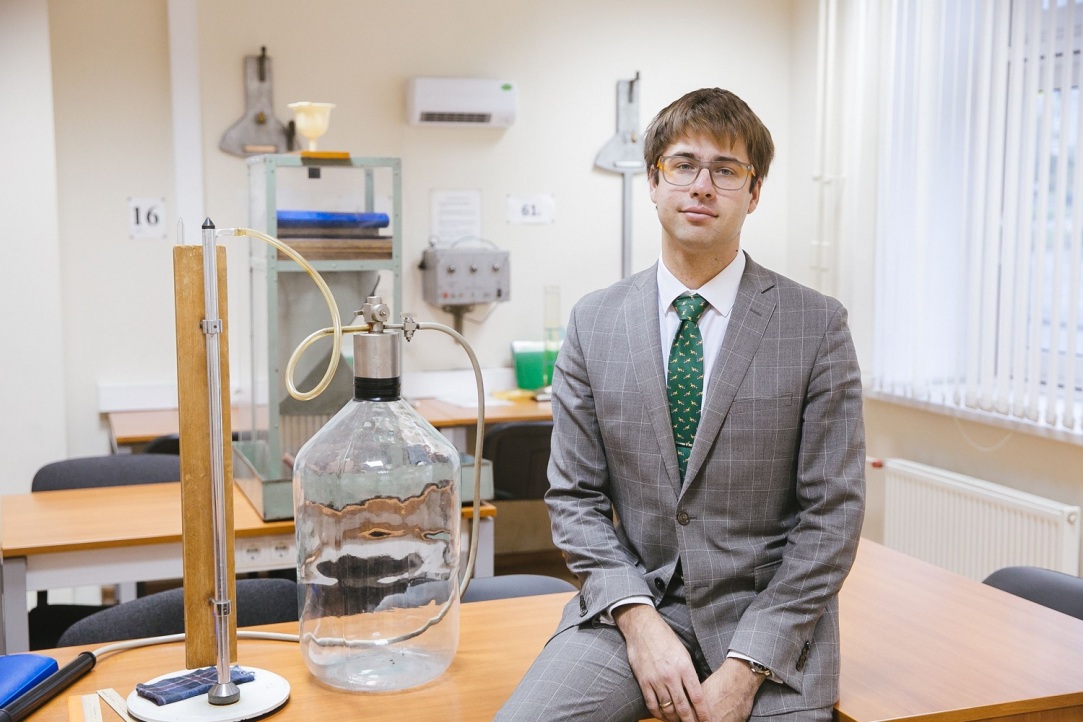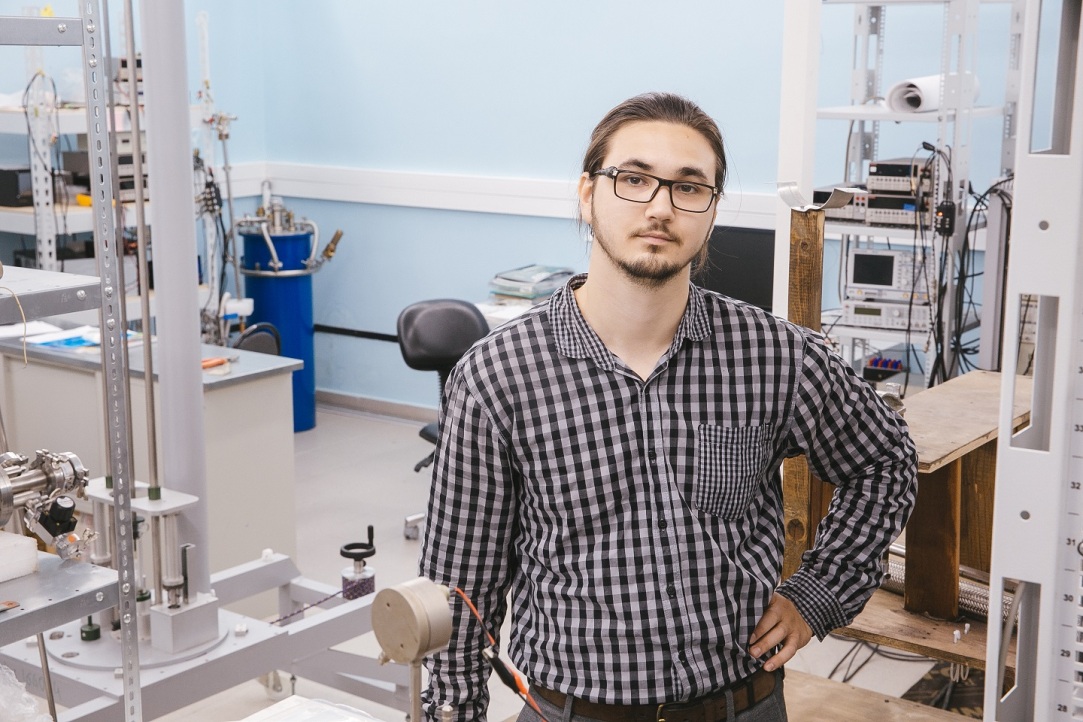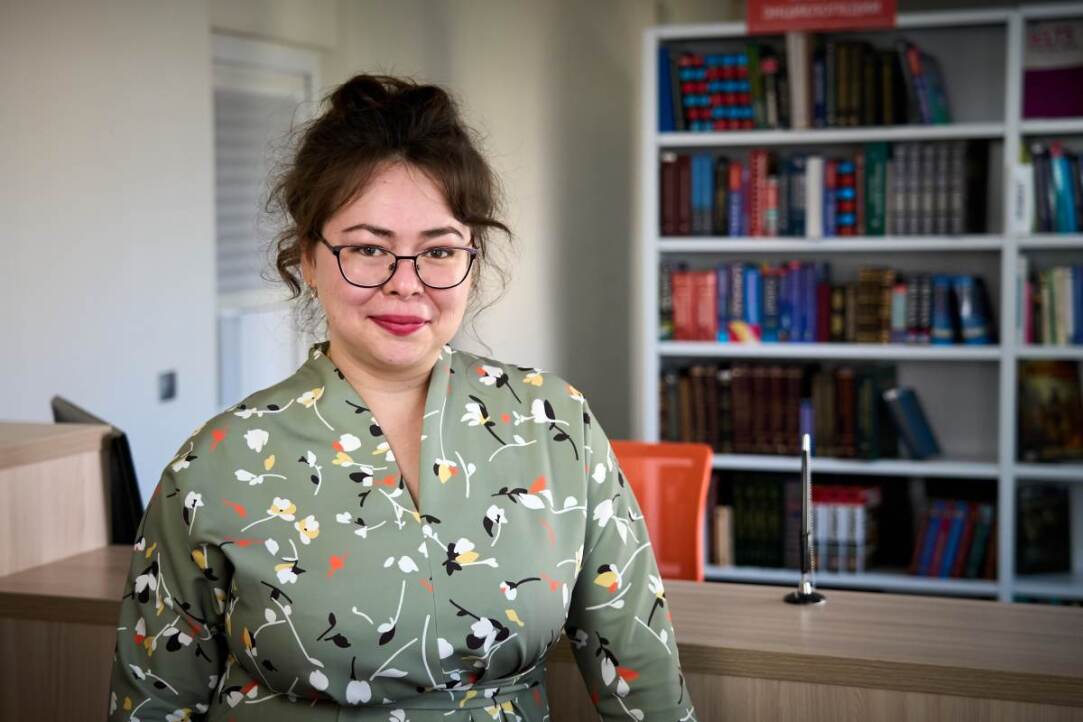How do university graduates choose a career in research? What is the appeal of academic research? Is it easy to become part of the academic community? In this project, young researchers who work at various HSE University departments speak about their research and their life beyond studies and labs, as well as share their research discoveries, personal impressions, opinions, and perspectives.

Vyacheslav Kramkov's research focus is macrofinance, a field at the intersection of macroeconomics and financial markets. In this interview with the HSE Young Scientists project, he explains how economists develop their models, discusses the social dimension of science, and contends that the relationship between the dollar-rouble exchange rate and oil prices is no longer as tight as it once was.
August 15

Lika Kapustina is in her fifth year of social studies and engages in research using technology that enables automated collection of data from open sources. In her interview with the HSE Young Scientists project, she recalls the nights spent working in the library, speaks about the Algorithm of Light, and reflects on how network analysis has influenced her.
July 26

Daria Gracheva, expert at the Institute of Education, turned to science in pursuit of methods to discern between a poorly constructed test and a well-designed one. In this interview with the HSE Young Scientists project, she discusses the '4K test,' which is intended to measure critical thinking and communication skills, shares insights on the model named after Georg Rasch, and explains how setting up an aquarium for a crab can help assess soft skills.
July 11

During his early years at university, physicist Ivan Makhov worried that he might be dismissed, but today he is heading a study supported by a grant from the Russian Science Foundation. In this interview with the HSE Young Scientists project, he shares his work experience using a closed-loop cryostat, his dream of conversing with Einstein, and favourite location in his hometown of St Petersburg.
July 09

Sociologist Valeria Kondratenko is skilled at handling big data and enjoys working with it. In her interview with the HSE Young Scientists project, she discusses academic research, her admiration for Pierre Bourdieu, and her passion for weightlifting.
June 25

The most likely place to find Anton Buzanov is at the HSE building on Staraya Basmannaya Ulitsa, where the researcher spends nearly all his time. In his interview with the HSE Young Scientists project, he recounts his experience of leading a field expedition to Sami communities, shares his affection for teenage television shows, and observes that engaging solely in activities that bring joy can prevent burnout.
May 30

Egor Sedov initially planned to pursue a career in programming but instead became captivated by experimental physics. In this interview with the HSE Young Scientists project, he spoke about the quantum effect and the quantum standard, a scientist's letter from the future, and the magnetic levitation of a frog.
May 06

In the 9th grade, Arslan Galiullin stopped copying other students' physics homework and became fascinated by science, eventually making it his career. In this interview with the HSE Young Scientists project, he speaks about topological insulators, the potential future transition from electronics to spintronics, and his goal of winning the Nobel Prize.
March 06

If Iliana Ismakaeva had not become a scientist, she would definitely have become a teacher like her parents. In this interview with the HSE Young Scientists project, she spoke about digital zemstvo studies, her walks along the Kama embankment, and virtual historical reconstructions.
February 06

Anton Galeev’s longstanding interest in tracing the origins of academic theories has led him to study the historical development of economic thought. In this interview with the HSE Young Scientists project, Anton discusses Russian economist Yuly Zhukovsky, the importance of staying in good writing shape, and how Disney's Frozen helped solve the Dyatlov Pass mystery.
January 22